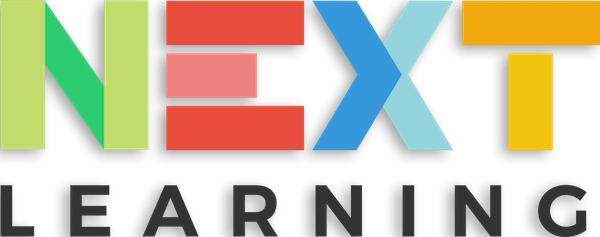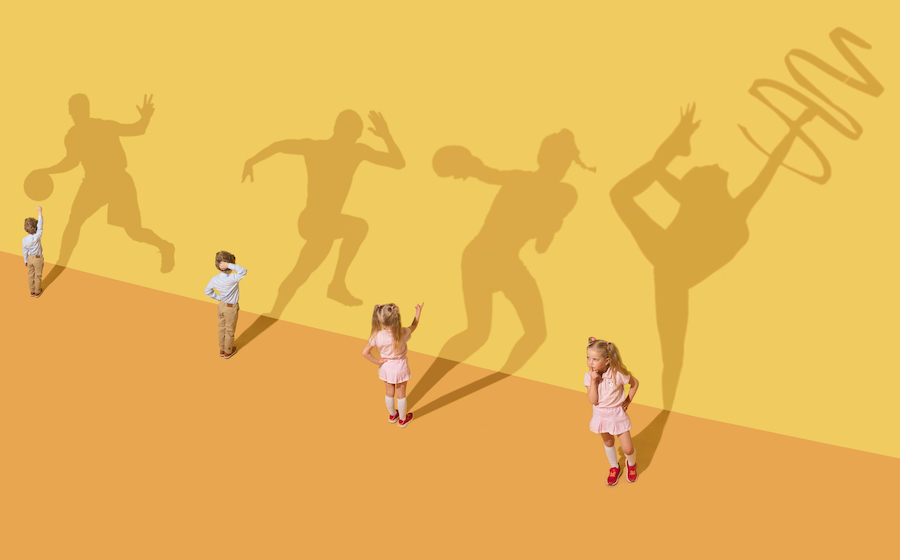I enjoyed reading this PDF on “Creative Learning and the Future of Work” and particularly the focus on the ‘4Ps’ of creative learning as it captures key aspects to the approach we try to bring to classrooms when working side by side (quoted below):
- Projects – We learn best when we are actively working on projects – generating new ideas, designing prototypes, making improvements, and creating final products.
- Peers – Learning flourishes as a social activity, with people sharing ideas, collaborating on projects, and building on one another’s work.
- Passion – When we focus on things we care about, we are likely to work longer and harder, to persist in the face of challenges, and to learn more in the process.
- Play – Learning involves playful experimentation — trying new things, tinkering with materials, testing boundaries, taking risks, iterating again and again.
The workplace is undergoing a radical transformation. Some jobs are disappearing, as computers and robots take over routine tasks (and even some non-routine tasks). And the jobs that remain are changing dramati- cally, as workers must continually adapt to an onslaught of new technologies, new sources of information, and new communication channels. Success in the future—for individuals, for companies, for communities, and even for countries as a whole—will depend on the ability to come up with innovative solutions to new and unexpected problems. In short, people must learn to think and to act creatively. But there is a problem. Today’s education systems are not designed to help people develop as creative thinkers.Many of today’s schools were originally set up to produce workers for industrial-age factories, and they have not adapted with the times. In too many schools, students are trained to do the type of work that is increasingly being replaced by computers and robots. Instead, we need to help students develop the creative-thinking skills that are needed in a rapidly changing workplace, preparing them for jobs that will be enhanced, not replaced, by new technologies.Source: Creative Learning and the Future of Work J. Philipp Schmidt, Mitchel Resnick, Joi Ito, Mit, 2016/04/06
Note: to read this article you have to enter the password = reviewer (as indicated here). See also: Give P’s a Chance.










